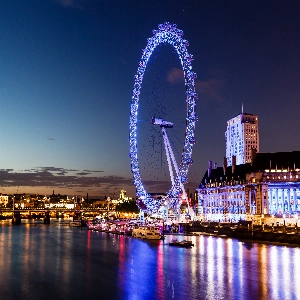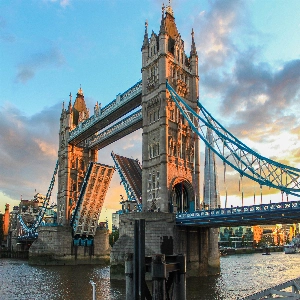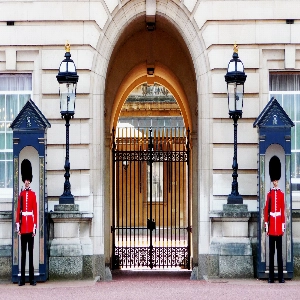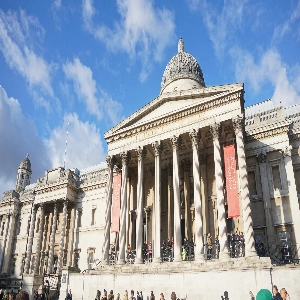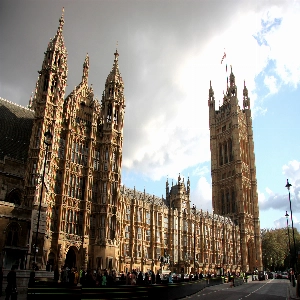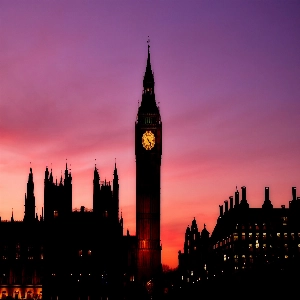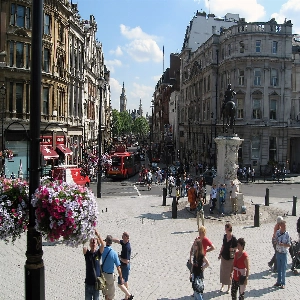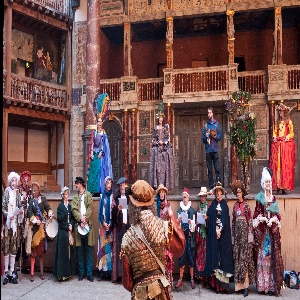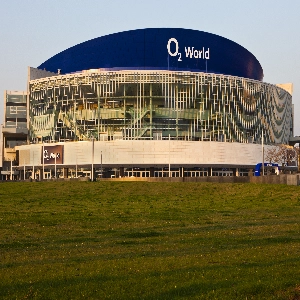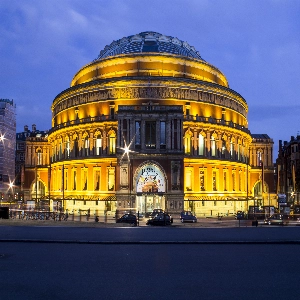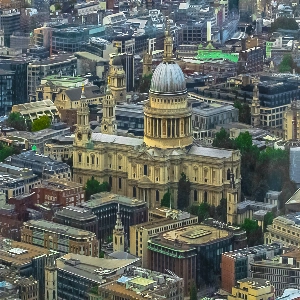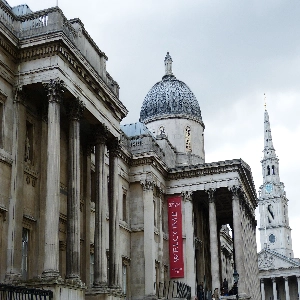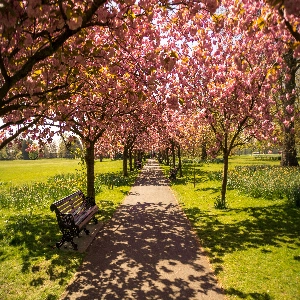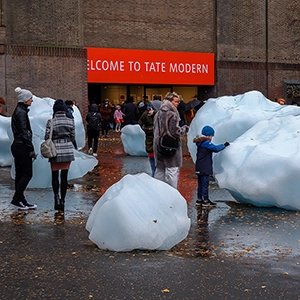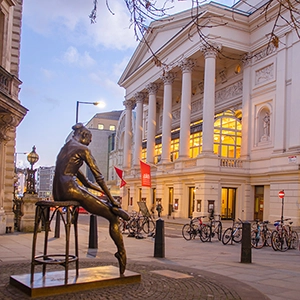London Zoo: An Enchanting Journey Into The Animal Kingdom

Introduction to London Zoo
London Zoo, also known as the Regent's Park zoo, is a highly popular tourist attraction and a symbol of animal conservation in the United Kingdom. Founded in 1828 by Sir Stamford Raffles, the zoo is managed by the Zoological Society of London (ZSL), a non-profit organization devoted to the worldwide conservation of animals and their habitats. Situated in the heart of London, in the scenic Regent's Park, the zoo covers an area of approximately 36 acres and is home to over 750 species of animals, including some of the rarest and most endangered species. Over the decades, London Zoo has grown and evolved to become a celebrated pioneer in animal welfare, conservation, and public engagement in environmental issues.
History of London Zoo
London Zoo traces its origins back to the 19th century when the ZSL was founded. The primary goal of the society was to create a collection of living animals for scientific research and public exhibition. Fast-forward to 1828, and the zoo opened its doors to scientists and researchers. It became accessible to the public in 1847 and was initially called the Gardens and Menagerie of the Zoological Society of London. The zoo was established to promote the study of animals and the advancement of zoology while also providing recreational facilities for visitors.
Over the years, its focus shifted from being a menagerie to a center for conservation, research, and education. The zoo has made many pioneering contributions to the field of animal husbandry, breeding, and health. For instance, in 1850, the first-ever veterinary surgeon was appointed, paving the way for specialized veterinary care in zoos. In addition, London Zoo has been the birthplace of many scientific milestones, such as the first-ever reptile house in 1849 and the world's first public aquarium which opened in 1853, making it the birthplace of the modern zoo and providing a blueprint for other zoos worldwide.
London Zoo's Wildlife and Attractions
London Zoo is a treasure house of wildlife, with more than 750 species of animals spanning across different continents and varied habitats. The diverse collection of animals range from small insects like butterflies and beetles to large mammals like tigers and giraffes. The zoo features several themed areas, each designed to replicate the natural habitat of the creatures residing within them, providing a captivating insight into the lives of these animals.
Some of the most popular areas in the zoo include the Gorilla Kingdom, which houses a family of western lowland gorillas, and the Land of the Lions, an immersive exhibit representing the Asiatic lions' homes in the Gir Forest of India. Another popular exhibit is Tiger Territory, where visitors can see critically endangered Sumatran tigers in a stunning Indonesian-inspired habitat. The penguin exhibit and Europe's only walk-through spider exhibit, In with the Spiders, are also visitor favorites.
Beyond the fascinating menagerie, the zoo also offers various interactive experiences and daily events, such as meet-the-animals sessions, public talks and displays, and feeding times. These engaging activities allow guests to get up close and personal with some of their favorite animals, such as meerkats, giraffes, and monkeys, while learning about their behaviors, diets, and natural habitats.
Conservation Efforts and Research at London Zoo
London Zoo has always been at the forefront of animal welfare, conservation, and scientific research. Working closely with conservation organizations and other zoos worldwide, the ZSL has played an instrumental role in the re-introduction of captive-bred animals into the wild, including the once-extinct Arabian oryx and Przewalski's horse.
Additionally, the zoo participates in various conservation breeding programs, focusing on maintaining genetically diverse populations in captivity to safeguard species threatened in the wild. The zoo's dedicated team of experts is also involved in various conservation projects worldwide, such as EDGE of Existence, an initiative designed to protect evolutionarily distinct and globally endangered (EDGE) species from extinction. London Zoo's research contributions have had a significant impact on our understanding of animal biology, behavior, and the challenges facing wildlife conservation.
Education Programs at London Zoo
Education is at the core of London Zoo's mission, with the belief that connecting people to wildlife will inspire them to care about conservation. Its innovative educational programs offer unique and engaging learning experiences for students of all ages, from hands-on workshops to immersive virtual programs. The zoo also offers various resources for educators, such as themed lesson plans and activity sheets, in line with the national curriculum.
For the general public, the zoo's daily talks, demonstrations, and interactive exhibits reveal the wonder of the natural world while emphasizing the importance of conservation. Through its efforts, London Zoo consistently plays an active role in fostering a strong connection between its visitors and the planet's wildlife, encouraging the next generation of conservationists.
Conclusion: London Zoo as a Must-See Destination
London Zoo offers a memorable day out for visitors of all ages, from families and animal enthusiasts to those interested in science and conservation. As the world's oldest scientific zoo, it offers a unique blend of historical charm and cutting-edge knowledge. Its spectacular collection of rare and endangered species, interactive experiences, and picturesque location in Regent's Park make it an unforgettable experience for all.
More importantly, a visit to London Zoo supports the crucial work undertaken by the ZSL to safeguard the world's wildlife and habitats. With its mission to inspire, inform, and empower people to take positive action for wildlife, a visit to London Zoo is more than just a fun day out – it's an opportunity to contribute to the protection of our planet's biodiversity.

